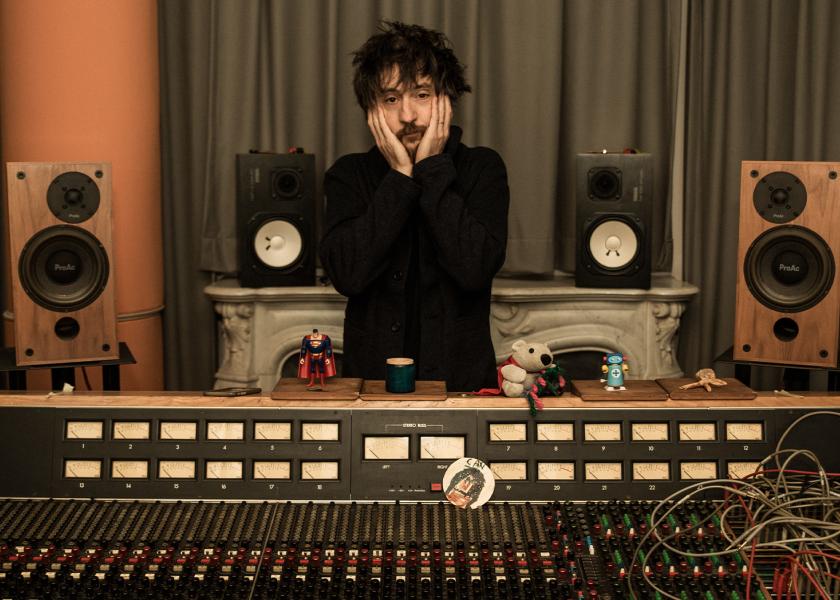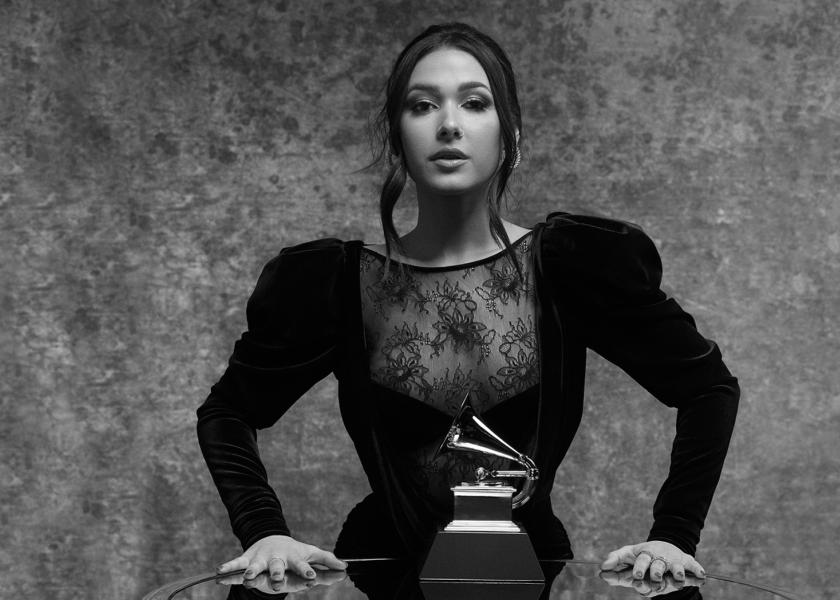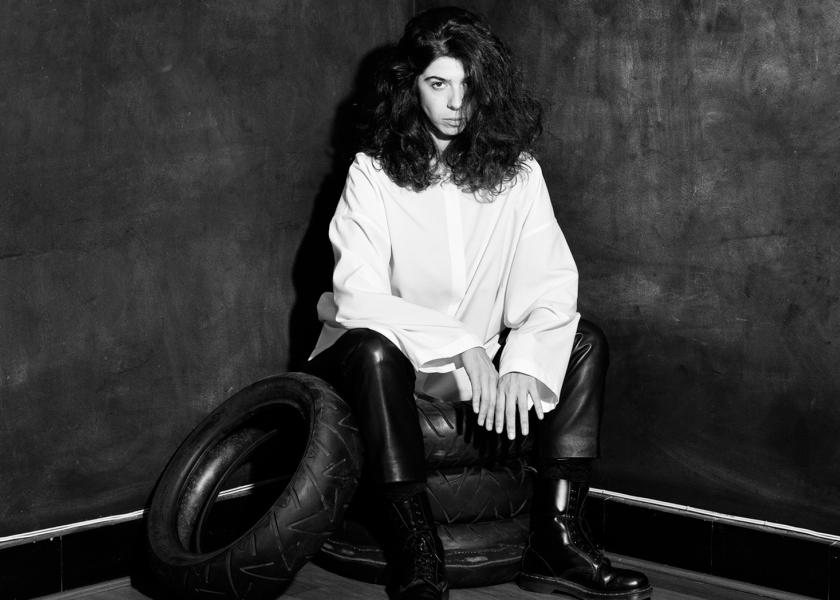Kase.O
Rhythm, Rhyme, and Empathy
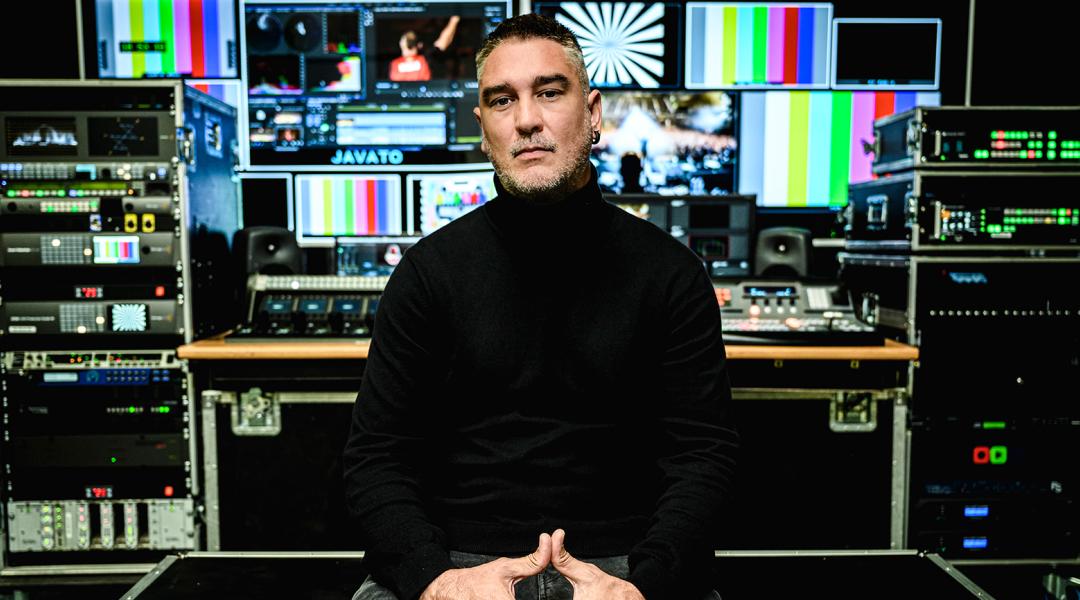
In the last four years, rapper Kase.O has taken Spanish hip-hop to the top. The proof: over 20,000 copies sold of the album ‘El círculo’, a triumphal tour of Spain and Latin America, and several awards and nominations.
Kase.O has managed to take his rhymes beyond the realm of hip-hop, refining and expanding a style that is an essential part of contemporary music. Javier Ibarra (Zaragoza, 1980) started out around the same time Spanish hip-hop took off, with pioneering crews such as Violadores del Verso, whom he recorded five albums with between 1998 and 2006. After that came his Jazz Magnetism project, in which he mixed jazz and rap,and finally, in 2016, his debut as a solo artist, El círculo [The Circle], the album that gave rise to his most recent release: two DVDs and an album bundled under the title Dentro del círculo [Inside The Circle].
Is it true you started rapping when you were 13?
It was before that, at 11. I looked up to Brutal, my older brother. He was already making hip-hop with other rappers from Zaragoza, with Gangsta Squad. Some of them, like Lírico, later became fellow crew members in Violadores del Verso. When you have an older brother like that, you want to be like him, and I wanted to do what he did. I immediately realised that hip hop was the perfect music for a teenager sitting in their room thinking about things and wanting to give free rein to their creativity. I also liked poetry. I read a lot of Bécquer. His octosyllabic verses are,in a way, proto rap rhymes.
You made your first demo in 1993. Was it complicated to rap in the early nineties?
Yes, because at that time hip-hop was a rarity in Spain. People didn’t take it seriously as a genre. I had to put up with my classmates teasing me, because it wasn’t the kind of music kids were listening to. But then I’d go to gigs and feel the energy that was released on stage, and that made everything totally worth it. But yes, it was hard. It took a lot of work to get the sound right in the venues. They didn’t understand what we were doing, when in fact it was very easy to do the sound for a hip-hop group—all you had to do was mix the beats with the voices. Another negative aspect was the violence. There were gangs, there were fights. Fortunately, all that has changed over time.
"As a teenager I read a lot of Bécquer. His octosyllabic verses are proto rap rhymes"
Now you’re premiering an ambitious project, Dentro del círculo, two DVDs documentingyour career in the past four years. Was that something you needed to do?
The documentary traces the steps of a life-changing process that started in 2016, when I released El círculo, my first solo album. For the first time I didn’t share artistic responsibilities with anyone but myself, and that was a very big step for me. Not that I was alone, of course, because I had my producers (Gonzalo Lasheras, R for Rumba, Cash Flow), but this time I presented myself as a solo artist. And as I'm quite fussy, I give everything a lot of thought. That’s why the making of El círculo was a carefully planned affair. It was a very important project, on many levels. Dentro del círculo captures all that. The recording of the album, the tour that followed…
And seeing as the whole process has been a success, is Dentro del círculo also a celebration?
That's right. The album was very well received by fans and the media. I toured Spain and Latin America. The concerts in Madrid and Zaragoza were triumphal. Yes, Dentro del círculo is also a commemoration of those tremendous moments when I realised everything had turned out as well as I wanted.
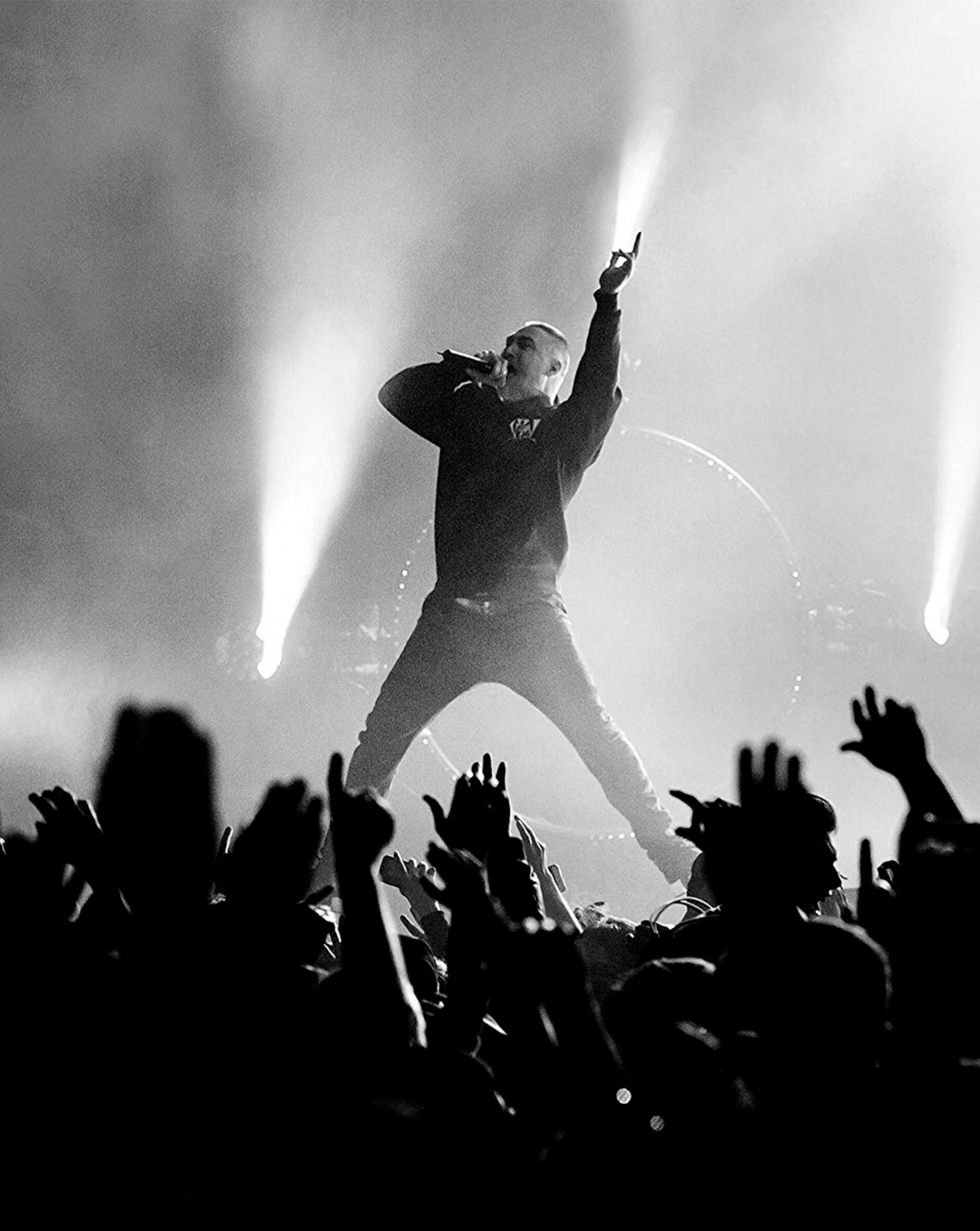
Kase.O in full swing. Cover image of 'Dentro del círculo'.
What role does hip-hop play in the present?
Hip-hop has always been a form of protest music. From the beginning it’s been talking about inequality and poverty, giving the ghetto a voice. It plays an essential role everywhere because it says what’s going on in the neighbourhoods and talks about people that nobody else remembers. In Spain as well. It’s no longer seen as some weirdgenre; it has that transforming power now. Hip-hop has always been a song against racism and injustice.
Your lyrics also speak of feminism, even with Violadores del Verso, in tracks like “Ninguna chavala tiene dueño” [“No Girl Has a Master”].
There is still too much machismo in urban music. Every day, we hear songs on the radio in which women are reified and treated as objects. We need to fight this by spreading other types of messages of equality, love, respect, and empathy.
"Hip-hop has always been a song against racism and injustice"
Dentro del círculo also includes an album, Remixes y regalos, where you collaborate with non-hip-hop artists. Is that kind of openness common in the genre?
It would have been impossible a few years ago. Having artists from other genres perform on a hip-hop album was heresy, and I think other artists wouldn’t play on hip-hop albums, either. That's all different now. Remixes y regalos [Remixes and Presents] is a special project. Soziedad Alkohólica accompany me on “Esto no para,” and Najwa once again does the vocals on a new electronic version of “Mitad y mitad.”Calamaro and Rozalén also collaborate on a couple of tracks. Maybe it would have been more complicated to have them on in a different way, but on Remixes y regalos, as the title implies, it made sense.
Your presence on Ara Malikian’s and Coque Malla’s albums also speaks of your lack of musical prejudice. How did working with them come about?
I knew Ara from seeing him around in Zaragoza. One day I went to see him live and I was amazed by what he was doing. Then he suggested I collaborate on two Royal Garage tracks, and I was delighted. I’m very proud of those collaborations. With Coque, it was different. He wanted someone to rap on his song “Un lazo rojo, un agujero.” Since he doesn’t really know his way around hip-hop, he started asking his friends who would be a good candidate. They all told him Kase.O was the guy. So, he sent me the demo. I really liked what I heard, and I did it. Another fine tune.
In the video for that song you’re wearing a T-shirt with a phrase you also recite in one of your own tracks: “If you want to change something, change yourself.”
I think it’s a fundamental argument. The only thing you have total power to change is yourself. Changing the world would sound less utopian if we worried about changing ourselves first. It’s very easy to lecture people on Twitter, but in the end we’re all human. We all have our doubts, we all screw up. I talk about this in “Quién no?” You can’t brag about solidarity with others if you can’t even be bothered to visit your own grandparents.
